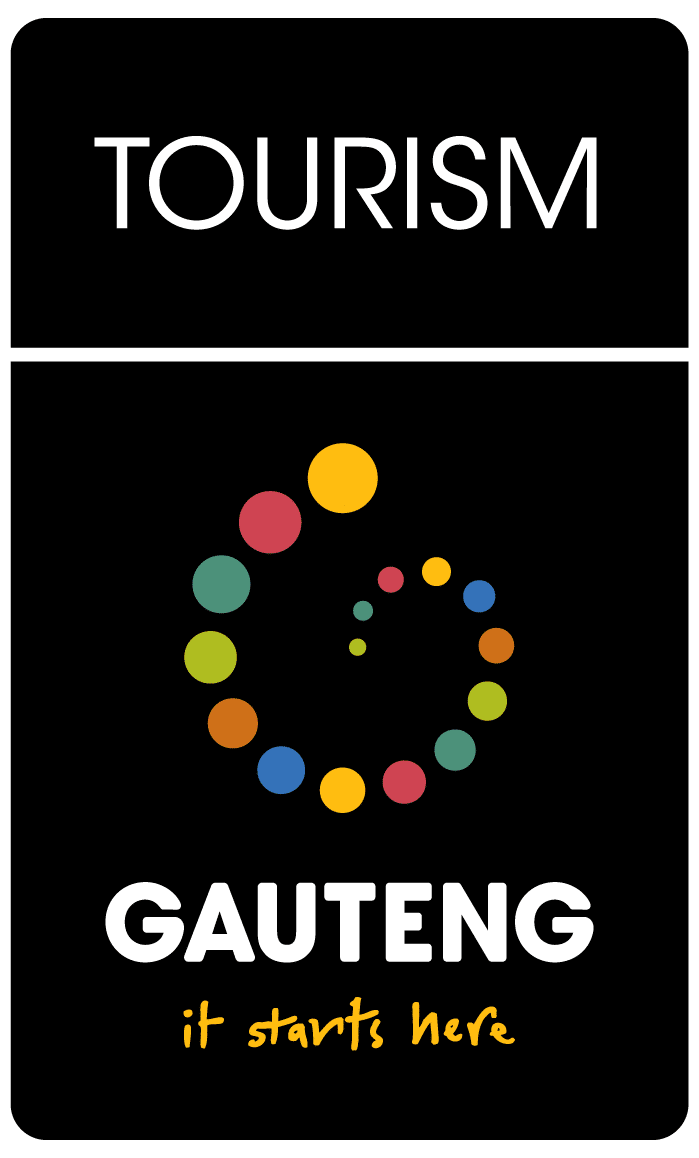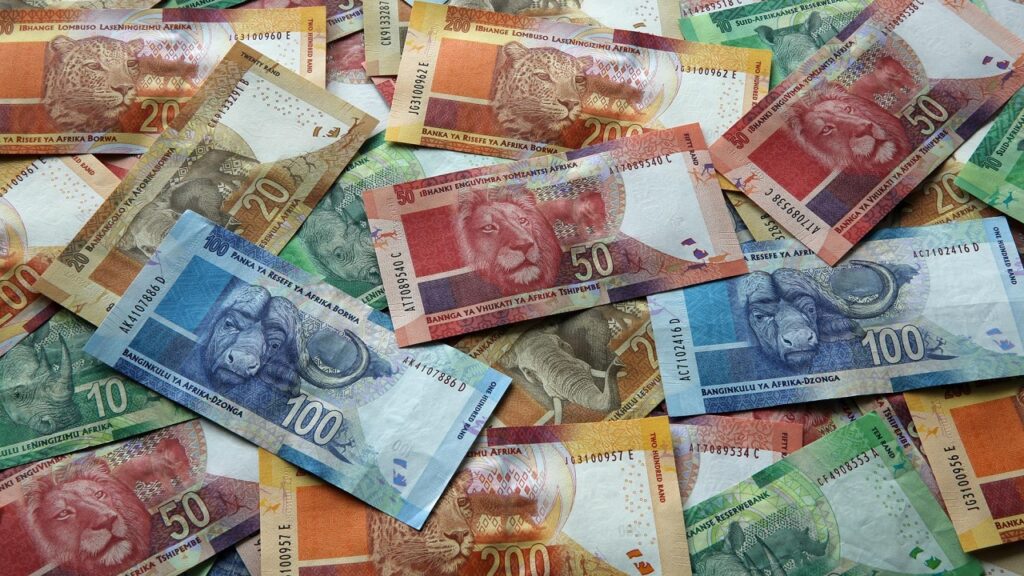South Africa’s currency unit is the rand (sign: R; code: ZAR), which is made up of 100 cents (c). It takes its name from the Witwatersrand (“ridge of white waters”), the ridge on which Johannesburg is built and where most of South Africa’s gold deposits were found.
Rands are available as banknotes in R10, R20, R50, R100 and R200 denominations; coins come in denominations of R1, R2 and R5, as well as 5c, 10c, 20c and 50c
Banks
Visitors travelling to Gauteng are able to change their native currency at banks in Gauteng or bureaux de change. There are banks in all main centres, usually open from 9am to 3.30pm on weekdays, and 8.30am to 11am on Saturdays.
Automatic teller machines are widely available 24 hours a day.
Click here for an updated currency conversion or exchange rate.
There are no foreign currency restrictions upon entering South Africa, but it is advisable to carry most of your funds in credit cards/debit cards and traveller’s cheques, and to minimise the amount of hard, foreign cash that you carry. All major credit cards are accepted, but Visa and MasterCard are preferred. American Express and Diners Club work in some places but are not popular because of the large commission charged.
Tipping
A service charge is not usually included at restaurants; a tip of 10% of the bill is standard, with exceptional service qualifying for 15% or more. Tipping of porters, taxi drivers and petrol attendants is common, but not obligatory.
For any queries, please contact at [email protected].









